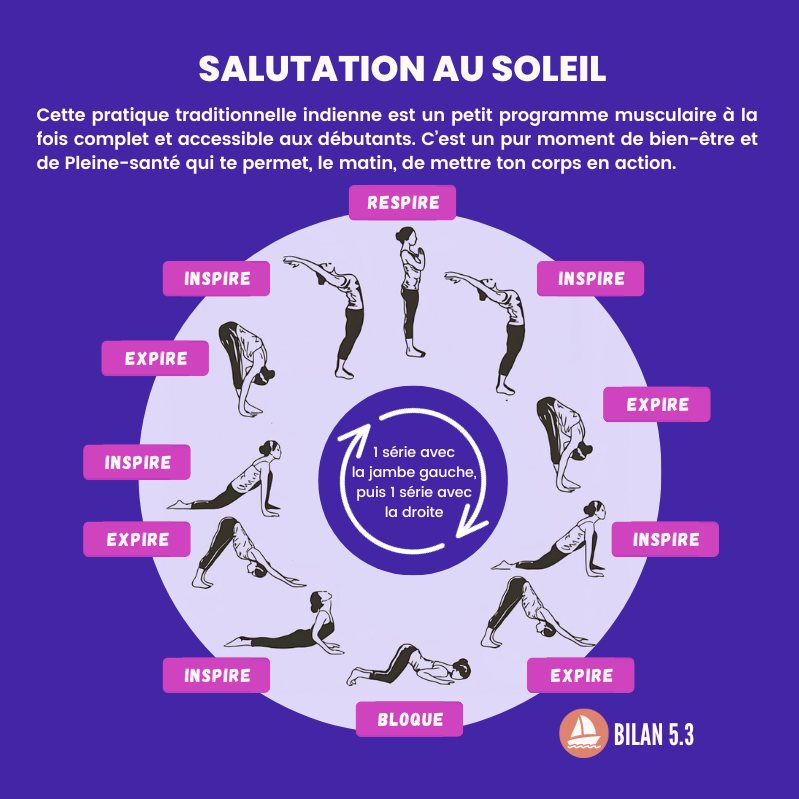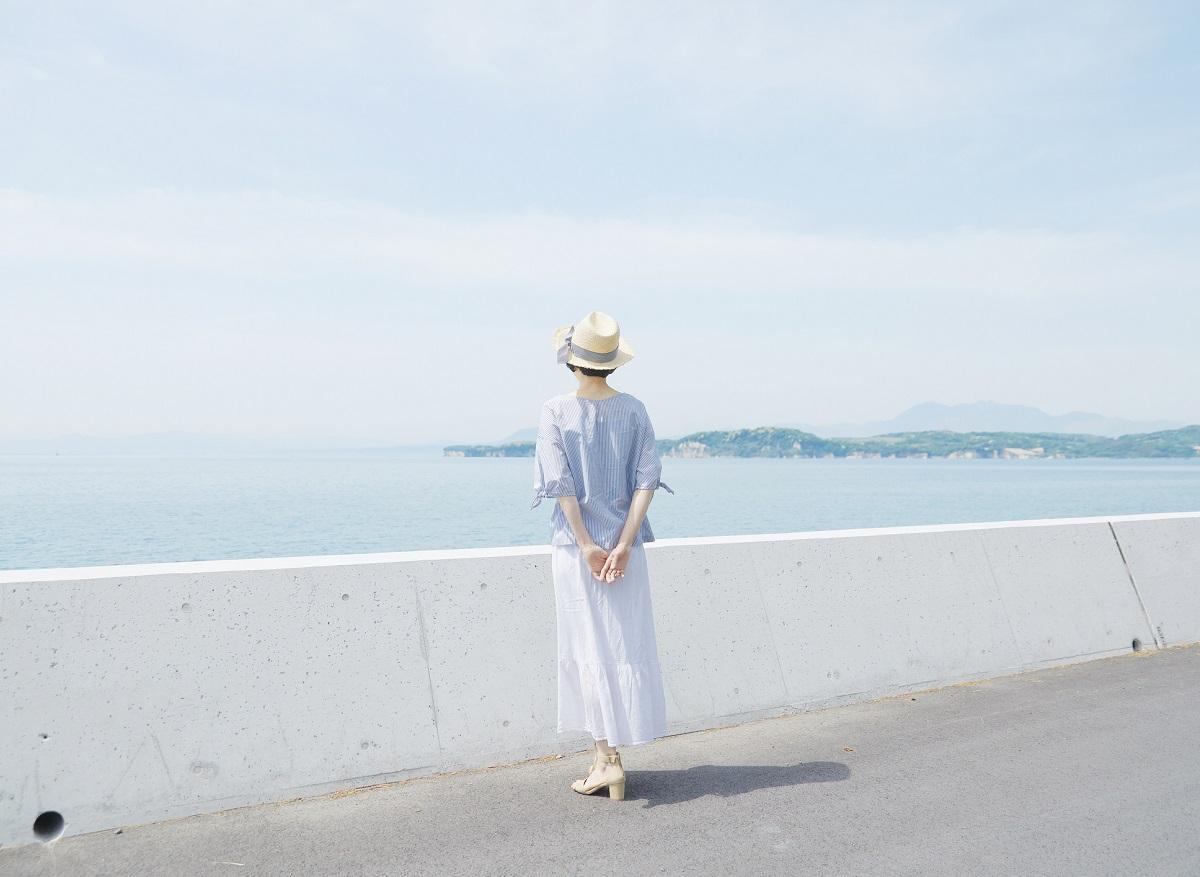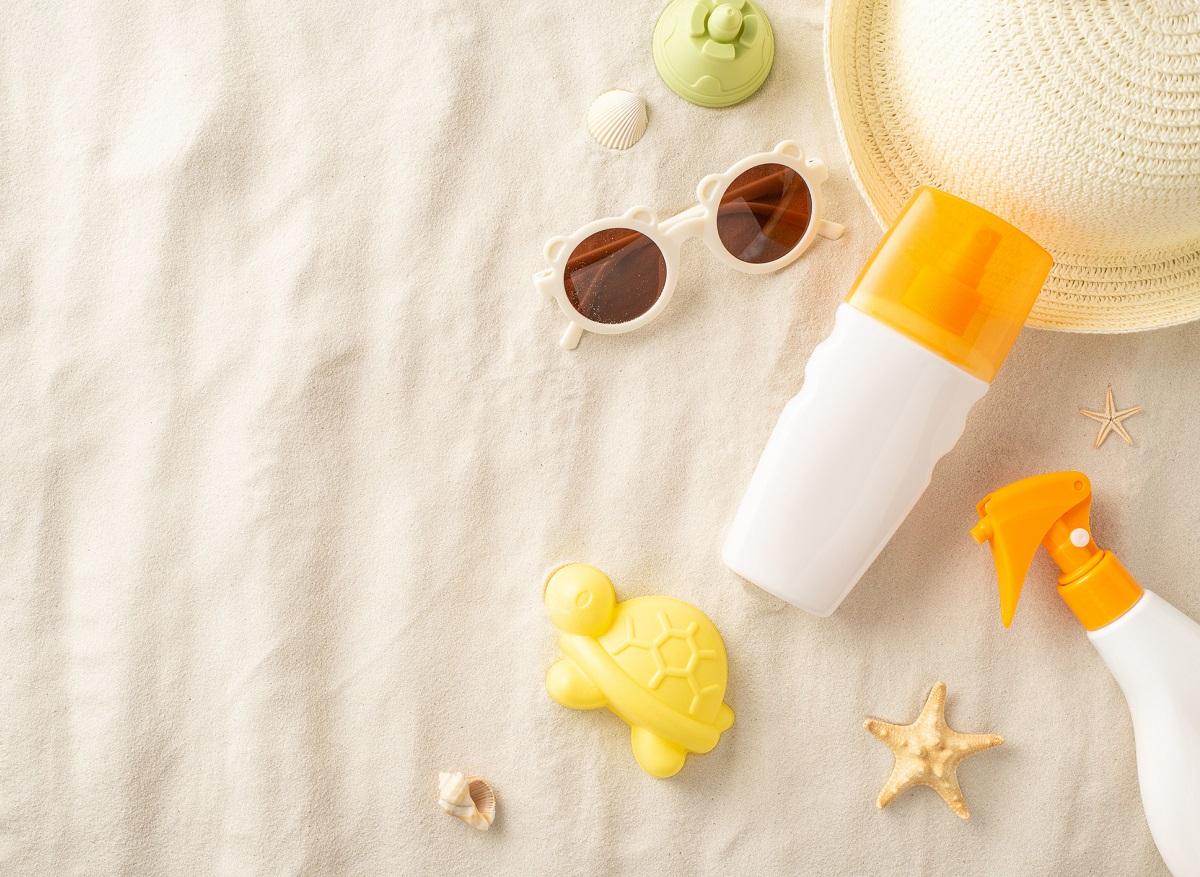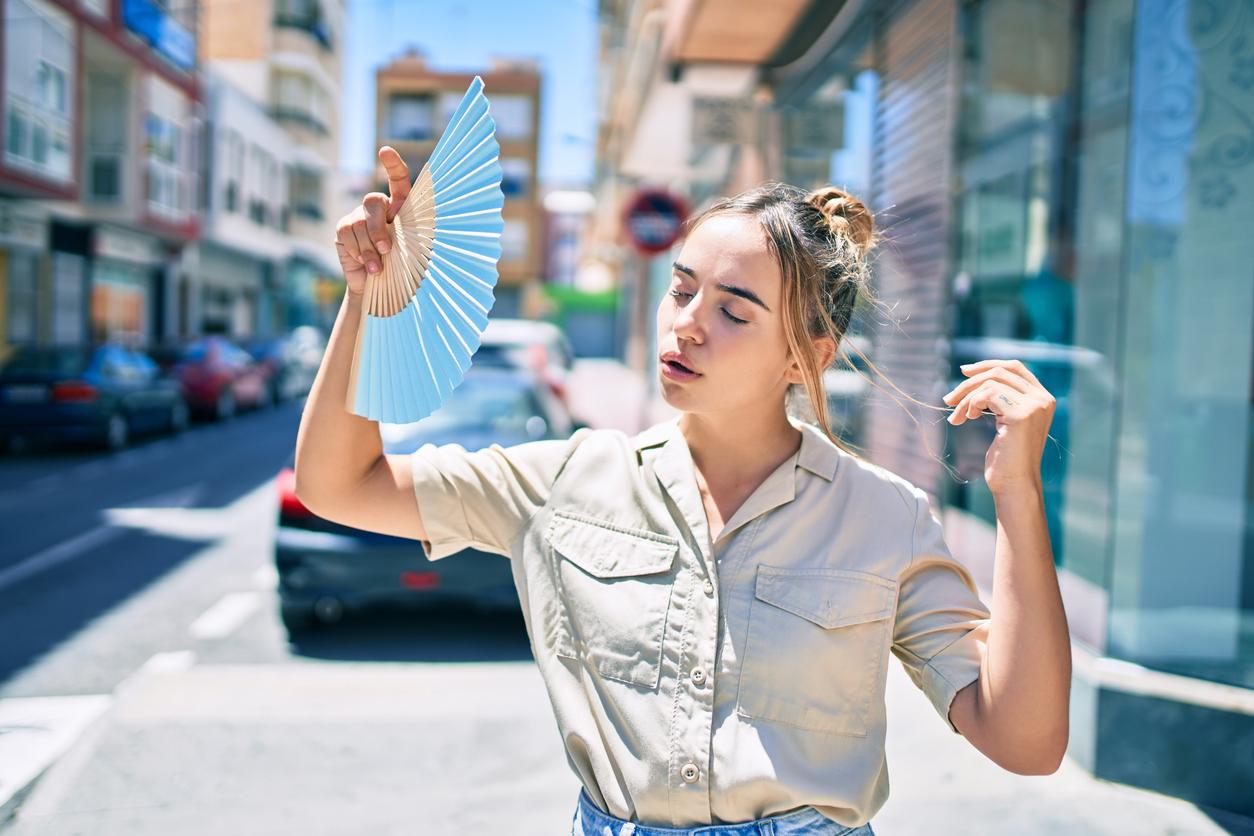Even if we all want to be outside, we must not forget the basic rules with the sun: no exposure between 12 and 4 p.m. and adequate protection.

- In mainland France, the ultraviolet rays emitted by the sun are particularly intense between May and August.
- For 50 years, cutaneous melanomas, the most serious skin cancers, have been on the increase in France. There are approximately 14,000 new cases each year.
Bright sunshine, summer temperatures, all after several confinements and successive curfews: the conditions are ideal for a tanning session. But vigilance is necessary. On the occasion of skin cancer prevention and screening week, the National Syndicate of Venereologist Dermatologists (SNDV) recalls a few basic rules to reduce the risks associated with exposure to the sun.
The cream, necessary but not sufficient!
To protect yourself, it is better to avoid the sun at certain times of the day. Between noon and 4 p.m., ultraviolet (UV) rays are the most intense, hence the importance of avoiding them. Regardless of the time, it’s best to stay in the shade, even if it doesn’t offer full UV protection. “At the beach, the parasol is useful but it does not fully protect you because of the reverberation of the sun’s rays on the sand, specify the SNDV. There is a mirror effect of sand and water.“
If you use sunscreen to protect yourself from the sun, it is a good habit, but it is far from sufficient. The SNDV warns: “vsContrary to popular belief, it is not because you apply sunscreen that you can expose yourself longer. The best protection is dark clothing.“Hat and sunglasses are also important.
How to monitor your skin?
The SNDV also encourages the population to practice self-examination: observe their skin with vigilance to check that there is no lesion or suspicious mole. The ABCDE method makes it easy to detect anomalies: A for Asymmetry (if the mole is neither round nor oval), B for Irregular edges, C for Uneven color, D for diameter (if the size of the mole increases) and E for Evolution. If a lesion or mole has one or more of these characteristics, seek medical advice quickly.
In the management of skin cancers, acting quickly is essential: the prognosis is better when melanoma is detected at an early stage. The Covid-19 pandemic has delayed many medical appointments and pushed back some diagnoses. SNDV dermatologists fear “a relaxation“behaviours and an increase in serious cases due to late diagnosis and treatment.
A common cancer in France
“Skin cancer is one of the few cancers for which we know the cause: there is a direct link between exposure to UV rays and skin cancerexplains Doctor Luc Sulimovic, President of the SNDV, in a communicated. That means we can largely prevent it, but to do that we need to educate people to change their behavior.“He underlines that if the risks of exposure to the sun are known by a large part of the French, “far too few people protect themselves in practice“. Each year, 80,000 skin cancers are diagnosed in France: carcinomas are the most common, but melanomas are the most aggressive.

.
















